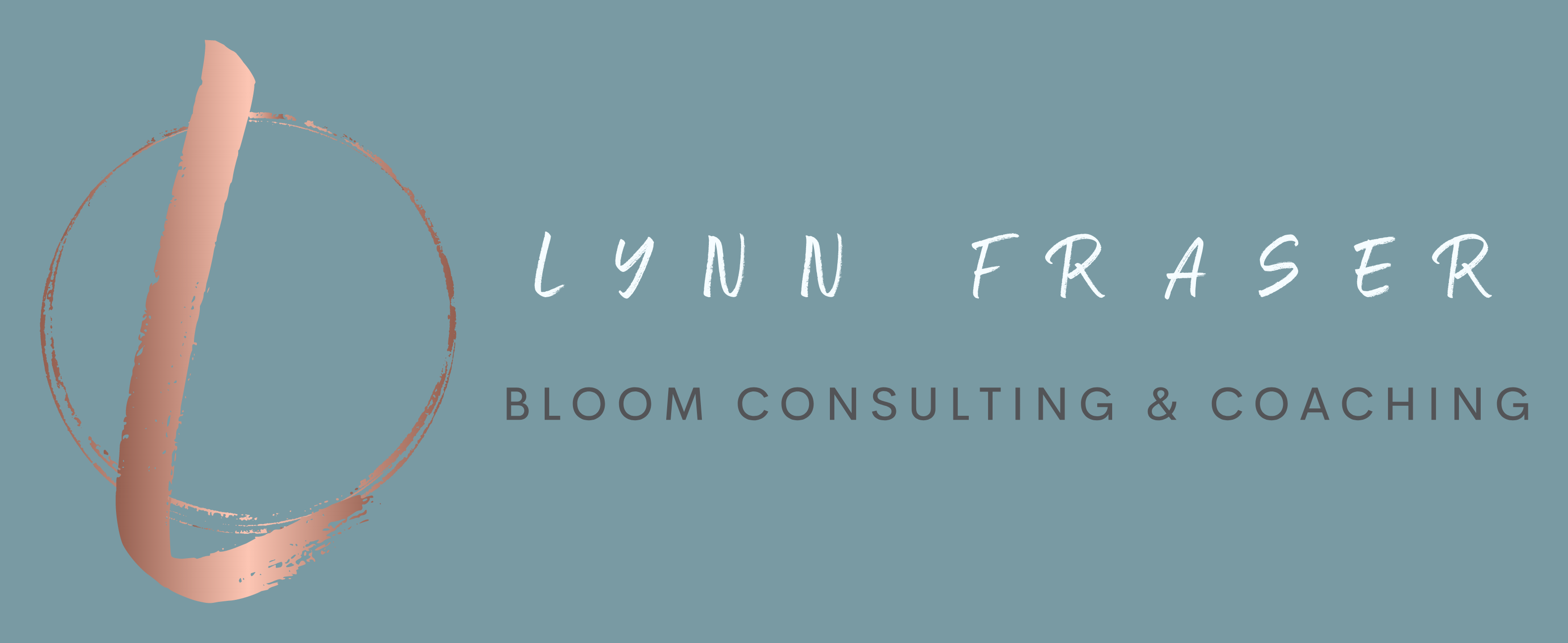“Accepting the reality of change gives rise to equanimity” Alan Lokos
Why We Like to Avoid Change
We are creatures of habit whose natural tendency is to avoid change. The neuroscience that explains this, is that our brains are hard-wired to “take the easy route”. Like a walker using a foot path that wears deeper with every footstep, so too our brains are hard wired to use the mental paths that already exist, with every thought and behaviour. So why is change a good thing? Because without exception, change creates growth. And growth makes us stronger.
The Domino Effect of Change
Never is the way we handle change more important, than during a crisis. However, when we are faced with a sudden change or shock, our first reaction is often denial. “No, this cannot be happening! I need confirmation. Is this real?”
Where were you during 9/11? I remember clearly seeing the images on television and being so shocked that I was convinced it was a hoax. Our immediate reaction is always to query, to question and to deny.
Accepting the Status Quo
And yet, research has proved that the first indication that we are ready to move ahead after a challenging event is acceptance. We cannot change our attitude, circumstances or behaviours, until we accept our current status quo. Psychologists agree that there are a few steps between denial and acceptance. So, what makes it so difficult to move from denial to acceptance? I believe that the key lies in the fact that we are predisposed to avoid change. Our brains know that change creates uncertainty. And uncertainty has the potential to be threatening.
However, using a logical, step by step approach to examining the status quo and considering our options, makes change less threatening, and moves us into the acceptance phase more quickly. This is exactly why coaching is so valuable during a period of change. The coaching process is designed specifically to analyse our status quo and consider new options. As mentioned, we cannot move ahead, until we accept our status quo. Whether this be the status of our health, the status of our relationships, or the status of the changes that Covid-19 have created for us. Acceptance, therefore, is a valuable commodity, a necessary ingredient in the process of becoming resilient.
Practicing Acceptance
And how do we practice acceptance? How do we move with courage into the unknown? This is not a “one size fits all” approach. Our level of acceptance will depend on many factors, such as the level of trauma the event has caused us, the level of support we have available to us and our mental state.
For this reason, acceptance is a process. A few things we can do to help us be more accepting of our circumstances and ourselves are:
- Being more accepting of our emotions. Emotions are not the enemy, but if they are not managed properly, they can create unwanted challenges. Acknowledging our emotions and giving ourselves time to feel is a step in the right direction.
- Clarifying our values. Knowing what we value will help our decision-making during times of crises.
- Not dwelling on the past. Yes, things have happened that we did not necessarily want or expect but when we divert our gaze to what lies ahead, our view improves immensely.
- Setting Goals. Goals are future focused which means that if we are setting them, we are not dwelling on the past.
In Conclusion
Think of it like this: for us to flourish during a period of change, the foundation of acceptance is the only thing that will springboard us into the actions that we need to take to ensure our resilience. And every action we take, makes us more resilient.
If you are struggling to accept a recent change in your life and would like to talk about it, coaching can help. Contact me HERE


